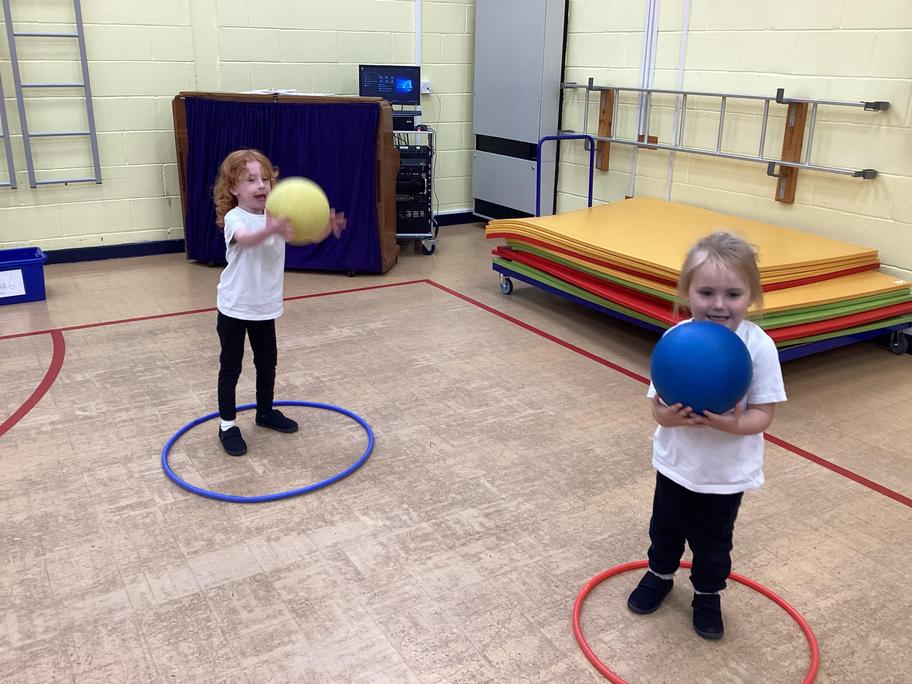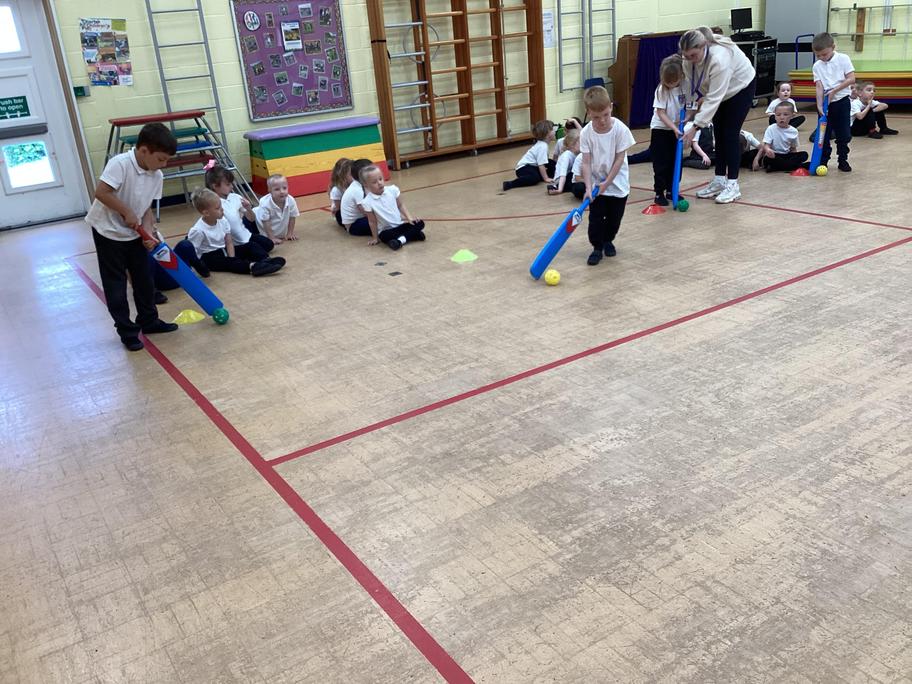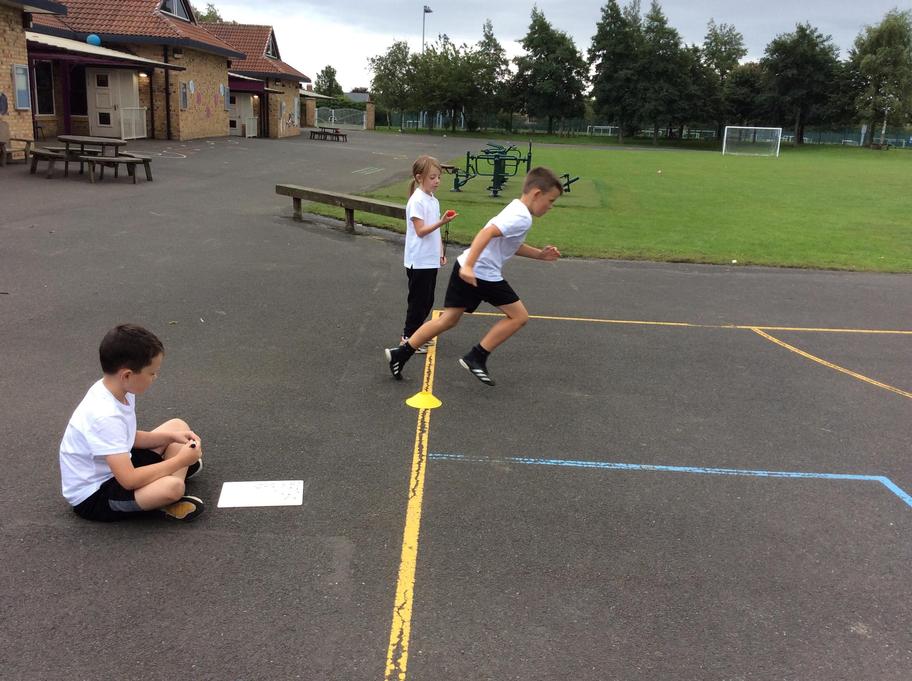PE
At Riverside Primary School we value PE as a key component of our school curriculum and as such, we dedicate substantial time to physical education and development in our curriculum and wider curriculum.
We aspire to ensure that all pupils are provided with a rich PE curriculum which is inclusive of gender and ability. PE at Riverside encompasses both individual and team sports and there is ample opportunity for pupils to access inter-school competitions throughout the year. Our hope is that pupils understand the need for regular exercise and that it contributes to a healthy lifestyle as well as having a positive effect on mental health. We provide pupils with activities in the curriculum and wider curriculum which are enjoyable and based on their interests, thus reducing the inactive population and equipping pupils with a love and enjoyment of sport.
Through the sports premium funding, pupils are also able to access opportunities to watch sport as a spectator, thus increasing their passion for sport and identifying sport as a future career choice.
By the time Riverside pupils move into secondary education they are skilled in a range of sports and have a clear knowledge of the health benefits of exercise.

Early Years Foundation Stage
Within the Foundation Stage (Nursery and Reception), the Early Years Foundation Stage Framework is followed. The ‘PE’ aspect of the curriculum is followed through the area 'Physical Development'. More specifically, children learn to develop their gross motor skills in PE lessons.
PE teaching is taught as discrete units of work and also, where appropriate, links are made to the overall topics or themes of the half term. During EYFS, children learn to:
Develop their movement; balancing, riding (scooters, trikes and bikes) and ball skills
Stand on one leg and hold a pose for a game like musical statues
Revise and refine the fundamental movement skills they have already acquired; rolling
Revise and refine the fundamental movement skills they have already acquired; crawling
Revise and refine the fundamental movement skills they have already acquired; walking
Revise and refine the fundamental movement skills they have already acquired; jumping
Revise and refine the fundamental movement skills they have already acquired; running
Revise and refine the fundamental movement skills they have already acquired; hopping
Revise and refine the fundamental movement skills they have already acquired; skipping
Move energetically, such as running, jumping, dancing, hopping, skipping and climbing
Go up steps and stairs, or climb up apparatus, using alternate feet
Confidently and safely use a range of large and small apparatus indoors and outside, alone and in a group
Revise and refine the fundamental movement skills they have already acquired; climbing
Use large-muscle movements to wave flags and streamers, paint and make marks
Use and remember sequences and patterns of movements which are related to music and rhythm
Progress towards a more fluent style of moving, with developing control and grace
Combine different movements with ease and fluency
Develop the overall body strength, co-ordination, balance and agility needed to engage successfully with future PE sessions and other physical disciplines including dance, gymnastics, sport and swimming
Develop overall body-strength, balance, co-ordination and agility
Develop and refine a range of ball skills including: throwing, catching, kicking, passing, batting and aiming
Develop confidence, competence, precision and accuracy when engaging in activities that involve a ball
Take part in some group activities which they make up for themselves or in teams
Demonstrate strength, balance and coordination when playing
Negotiate space and obstacles safely, with consideration for himself/herself and others

Key Stage 1
Pupils should develop fundamental movement skills, become increasingly competent and confident and access a broad range of opportunities to extend their agility, balance and coordination, individually and with others. They should be able to engage in competitive (both against self and against others) and cooperative physical activities, in a range of increasingly challenging situations.
Pupils should be taught to:
* master basic movements including running, jumping, throwing and catching, as well as developing balance, agility and co-ordination, and begin to apply these in a range of activities
* participate in team games, developing simple tactics for attacking and defending
* perform dances using simple movement patterns.

Key Stage 2
Pupils should continue to apply and develop a broader range of skills, learning how to use them in different ways and to link them to make actions and sequences of movement. They should enjoy communicating, collaborating and competing with each other. They should develop an understanding of how to improve in different physical activities and sports and learn how to evaluate and recognise their own success.
Pupils should be taught to:
* use running, jumping, throwing and catching in isolation and in combination
* play competitive games, modified where appropriate, and apply basic principles suitable for attacking and defending
* develop flexibility, strength, technique, control and balance
* perform dances using a range of movement patterns
* take part in outdoor and adventurous activity challenges both individually and within a team
* compare their performances with previous ones and demonstrate improvement to achieve their personal best.
Swimming
All pupils in Key Stage 2 participate in weekly swimming lessons for a term. In swimming, Key Stage 2 pupils will learn to:
* swim competently, confidently and proficiently over a distance of at least 25 metres
* use a range of strokes effectively
* perform safe self-rescue in different water-based situations